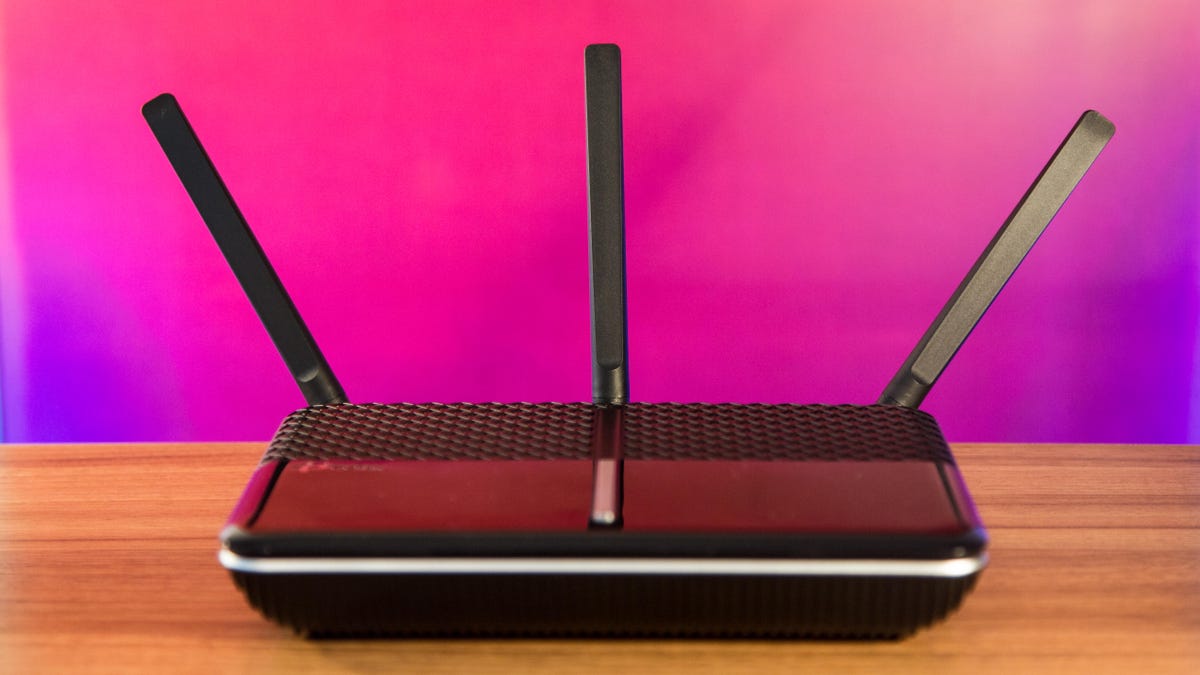Is your Wi-Fi good enough for your smart home?
A smart home isn't smart without the internet.

You're ready to upgrade your home to a smart home with smart locks, smart bulbs, smart speakers and more. Before you buy anything, you need to make sure the most important part of your smart home is ready for duty.
Internet powers the smart home and without a strong, fast Wi-Fi connection, it can all grind to a halt. Shortly after introducing a Google Home speaker and a set of Philip Hue bulbs (with its hub) into my home, the Wi-Fi started sputtering. Soon, even loading a website was a tedious task and restarting the router became a daily occurrence.
After a few fixes, the Wi-Fi is back to normal, but save yourself the trouble and prepare your home before you bring in the smart home tech. Here's what you need to know so you can have your smart bulbs and Netflix too.
First, check your internet service
When was the last time you checked your internet plan? There's a good chance you are probably overpaying for slow internet that won't work with your smart home.
This year, after battling internet issues, I found out I was paying more than I should have for slow internet. All it took was a few minutes of looking around on my internet service provider's (ISP) website for me find a new plan and switch to get faster internet for less money.
Seems too good to be true, right? Well, most ISPs aren't proactively reaching out to their customers to advertise better prices on better service. It's up to you to contact them to find out about new plans available to you.
Spend a few minutes on your ISP's website or give them a call and you'll likely end up with the fast internet your smart home needs and save money too.
Can your router or modem handle the speeds?
Modern, up-to-date routers and modems are very important in the smart home because newer equipment can handle a large volume of devices and support the fast speeds you now get.
Think of everything at home that's already connected to the internet. Between a laptop or two, tablets , smartphones , streaming sticks and gaming consoles, your bandwidth will run out fast.
If you then want to connect smart plugs, smart lights, a smart speaker and a smart lock, your Wi-Fi can slow to crawl or kick off devices when it can't accommodate them.
If your current set up is a few years old, I urge you to upgrade. If you are renting equipment from your ISP, contact them to see if your current equipment can handle the speeds you pay for and upgrade if it can't.
Better yet, buy your own equipment. You'll save on rental fees and get more control over when you upgrade your equipment. Just pay attention to the maximum offered speed for your internet plan. When you're shopping for either a router or modem, look for the maximum download speeds they can handle, which is usually on the box or online product description.
Need more help? We have guides on how to buy a modem and how to buy a router.
Make sure your router is in the right place
Don't put your router in an enclosed space, like a cabinet or surrounded by books in a bookcase. Interference is your worst enemy when it comes to a strong Wi-Fi signal and if that signal needs to penetrate solid objects -- walls, books, wood -- it's going to be weaker.
Besides that, routers get warm easily and need proper ventilation to work well. Allow plenty of air flow around them.
Is it time to go mesh?
Ready for the ultimate upgrade? You've heard us say it before and we'll say it again, consider getting a mesh network.
These powerful systems give your entire house a strong, reliable Wi-Fi signal, supplying optimal performance for all of your smart home tech.
The downside? They are expensive, starting around $250 (£189 or AU$337) and going up from there.
Read all about the benefits and downsides of mesh networks here.
Setting up your home internet can be a stressful process. We made it simple with everything you need to know about Wi-Fi for your smart (or not-smart) home:
- Need a new router? Here are 10 things to consider when shopping
- Once you get your new router, here are the 5 settings you should change first
- Your Wi-Fi connection doesn't need to drop when you step outside. Learn how to extend your Wi-Fi outdoors
- These are the most common reasons your internet sucks
- How to fix (almost) every Wi-Fi issue you'll encounter
- Internet feeling slow? Try these 10 easy ways to speed up your Wi-Fi
- This is why your smart home needs a mesh network

